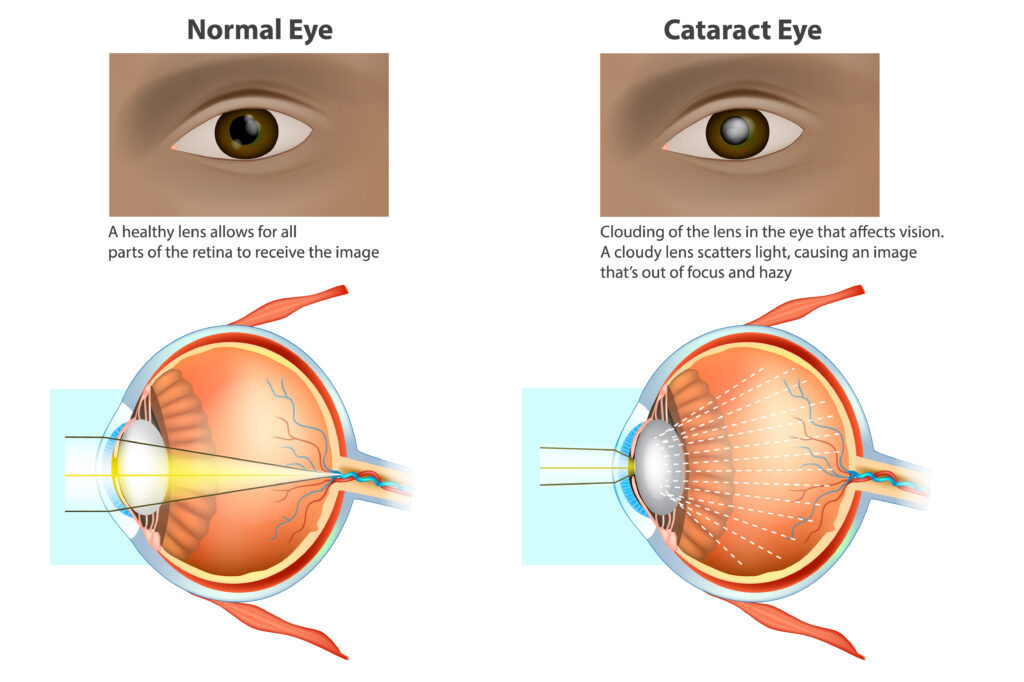A 45-year-old male patient presents with complaints of severe headaches, visual disturbances, and joint pain. Upon further investigation, he is diagnosed with hyperpituitarism. Which of the following is the most likely underlying cause of his symptoms?
Adrenal hyperplasia
Pituitary adenoma
Thyroid carcinoma
Hypothalamic dysfunction
The Correct Answer is B
Choice A Reason:
Adrenal hyperplasia involves the enlargement of the adrenal glands, which can lead to an overproduction of adrenal hormones. However, it does not directly cause hyperpituitarism. Hyperpituitarism is related to the overactivity of the pituitary gland, not the adrenal glands.
Choice B Reason:
Pituitary adenoma is the most common cause of hyperpituitarism. These benign tumors in the pituitary gland lead to the overproduction of one or more pituitary hormones, causing symptoms such as severe headaches, visual disturbances, and joint pain. The pituitary gland’s overactivity due to the adenoma results in the excessive release of hormones, which can affect various bodily functions.
Choice C Reason:
Thyroid carcinoma is a type of cancer that affects the thyroid gland While it can cause hormonal imbalances, it does not typically lead to hyperpituitarism. The symptoms described are more consistent with a pituitary-related issue rather than a thyroid condition.
Choice D Reason:
Hypothalamic dysfunction can affect the pituitary gland’s function since the hypothalamus regulates pituitary hormone release. However, it is less likely to be the primary cause of hyperpituitarism compared to a pituitary adenoma. The direct overproduction of hormones by the pituitary gland is more commonly due to an adenoma.
Nursing Test Bank
Naxlex Comprehensive Predictor Exams
Related Questions
Correct Answer is ["B","C","D","F"]
Explanation
Choice A Reason:
Acetone breath is typically associated with diabetic ketoacidosis (DKA), not hyperosmolar hyperglycemic syndrome (HHS). DKA occurs when there is a significant production of ketones due to the breakdown of fat for energy, leading to a fruity or acetone-like smell on the breath. HHS, on the other hand, does not usually involve significant ketone production.
Choice B Reason:
Fever can be a manifestation of HHS, especially if there is an underlying infection or illness that has precipitated the hyperglycemic crisis. Infections are common triggers for HHS and can contribute to the severity of the condition.
Choice C Reason:
Older age is a risk factor for HHS. HHS is more commonly seen in older adults with type 2 diabetes, often those who have underlying chronic conditions or are experiencing acute illness. The patient’s age of 68 years supports the likelihood of HHS.
Choice D Reason:
A serum glucose level of 800 mg/dL is indicative of HHS. HHS is characterized by extremely high blood glucose levels, often exceeding 600 mg/dL, without significant ketone production. This high glucose level leads to severe dehydration and hyperosmolarity.
Choice E Reason:
A serum bicarbonate level of 15 mEq/L is more indicative of DKA rather than HHS. In HHS, serum bicarbonate levels are typically normal or only mildly decreased because there is no significant ketoacidosis. Therefore, this choice does not support the clinical presentation of HHS.
Choice F Reason:
An insidious onset is characteristic of HHS. Unlike DKA, which can develop rapidly, HHS often develops over days to weeks. Patients may experience gradually worsening symptoms such as increased thirst, frequent urination, and confusion before seeking medical attention.
Correct Answer is A
Explanation
Choice A Reason:
Cloudiness in the lens of the eyes is the hallmark symptom of cataracts. Cataracts cause the lens to become opaque, leading to blurred vision and difficulty seeing clearly. This cloudiness can make it challenging to perform everyday tasks and is the most indicative sign of cataracts.
Choice B Reason:
Double vision in one eye can occur with cataracts, but it is not the most indicative symptom. While cataracts can cause visual disturbances, the primary symptom is the cloudiness of the lens, which directly impacts vision clarity.
Choice C Reason:
Eye pain and redness are not typical symptoms of cataracts. These symptoms are more commonly associated with other eye conditions such as infections or glaucoma. Cataracts primarily cause visual disturbances without significant pain or redness.
Choice D Reason:
Sudden loss of vision is not characteristic of cataracts. Cataracts develop gradually over time, leading to a slow progression of vision impairment. Sudden vision loss is more likely to be associated with acute conditions such as retinal detachment or vascular occlusions.

Whether you are a student looking to ace your exams or a practicing nurse seeking to enhance your expertise , our nursing education contents will empower you with the confidence and competence to make a difference in the lives of patients and become a respected leader in the healthcare field.
Visit Naxlex, invest in your future and unlock endless possibilities with our unparalleled nursing education contents today
Report Wrong Answer on the Current Question
Do you disagree with the answer? If yes, what is your expected answer? Explain.
Kindly be descriptive with the issue you are facing.
